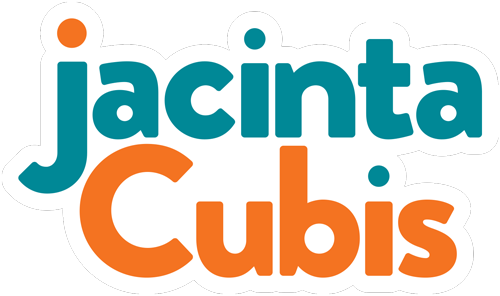Back seat learners
I was probably about 10 when I started to learn how to drive, yet the only vehicles I was allowed to steer were my bicycle and a Barbie campervan.
Driving lessons started as a passenger in the back seat of the family car. On long holiday road trips, dad talked to us about defensive driving. We heard about having to look three cars ahead. To constantly scan the side and rearview mirrors, while still watching the road right in front. The best bit was when he pointed out ‘escape routes’ on the side of country roads, should it prove necessary to avoid a collision.
I spent a bit of time in the back seat of dad’s car recently in my home town of Sydney. We drove to the pub to watch the Matilda’s thrash Canada ⚽, and to mum’s and dad’s* favourite café for flat whites and banana bread.
In between outings with my parents, I worked with a group to help them elevate their facilitation skills. And this is where back seat learning comes in.
Participants learn a lot about facilitation by being in a meeting or a workshop, just like passengers learn about driving from the back seat.
In the survey before my training session, one or two people had expressed doubts about their ability to contribute to the workshop because they had not done much facilitating.
In response, I highlighted that everyone has experience of facilitation, if not at the front of the room, then as a participant. I managed to dispel their doubts and they contributed as much as the more experienced facilitators in their group. But it made me wonder if others had similar thoughts.
If you think you have little experience of facilitation, just think about all the meetings you have attended. You know what it feels like when a meeting isn’t effective. You have experienced someone doing all the talking while others can’t, or won’t, make a peep. You’ve witnessed, or been the subject of, unhelpful and dismissive comments or bad behaviour in a group. And I bet you have endured death by power point, more times than you can count.
You’ve had great experiences too. Like those workshops when the time seemed to fly, when the conversation was productive and meaningful, when people seemed to connect and really listen to each other. When you left energised, not drained. Where the facilitation felt so effortless, it was almost invisible.
Next time you experience bad and good meetings, just notice how the group is being facilitated—or not. Learn from your perspective as a participant —like when I was young in the back of dad’s car.
If something doesn’t feel ‘good‘ in a meeting, ask yourself, what was it that didn’t work? What happened? What did the facilitator say, or not say, do or not do? What might have caused people to stay quiet, while others dominated? How were people invited to contribute? Was there a structure, or was it a free-for-all conversation?
On the other hand, how did a that group of strangers manage to connect so quickly and start to trust each other to share their ideas? How did that unwieldy group of ideas become a manageable set of priorities?
You might remember that I’ve said that a facilitator needs to participate like a writer should read. Or like a musician needs to listen to music, a painter needs to look at art, a doctor needs to be a patient and a teacher needs to be a student.
Experts in these and other professions are in a constant state of learning, and it’s not just for CPD points. It’s the same for facilitation. We are never ‘done’. Here’s a few things to notice at your next workshop or meeting to elevate your facilitation skills:
🕺🏼 Who takes the lead? Is it overt or subtle? How do other react and work with this?
🤔 If the meeting’s purpose is confirmed and if so, how? Does the host tell you what it is, or do the rest of you have a chance to offer your perspective?
📝Is each item discussed as a group? Are you given time to reflect on your own, even for 30 seconds, before the group discussion begins?
🗣 Who talks the most? Who doesn’t contribute? What impact does this have on you, others and the conversation?
A note of caution here. Back seat driving probably won’t help much. The driver (facilitator) will probably just resist or get defensive. But everyone can learn something from the backseat, just like I did with my dad.
*I know! Someone as old as me can still say ‘mum and dad’ in the present tense. Among my groups of friends, I’m one of the few that still has both in my life ♥ 🙏🏼
(Fl)awesome Facilitator Mentoring Program
Are you an expert or consultant who worries that you're overwhelming people with too much content? Feel like you’re facilitating by rote? Think you’re a failure if you don’t get ⭐⭐⭐⭐⭐ from everyone? My (Fl)awesome Facilitator Mentoring Deliver supports you to deliver incredible value with authentic flair and be invited back.



